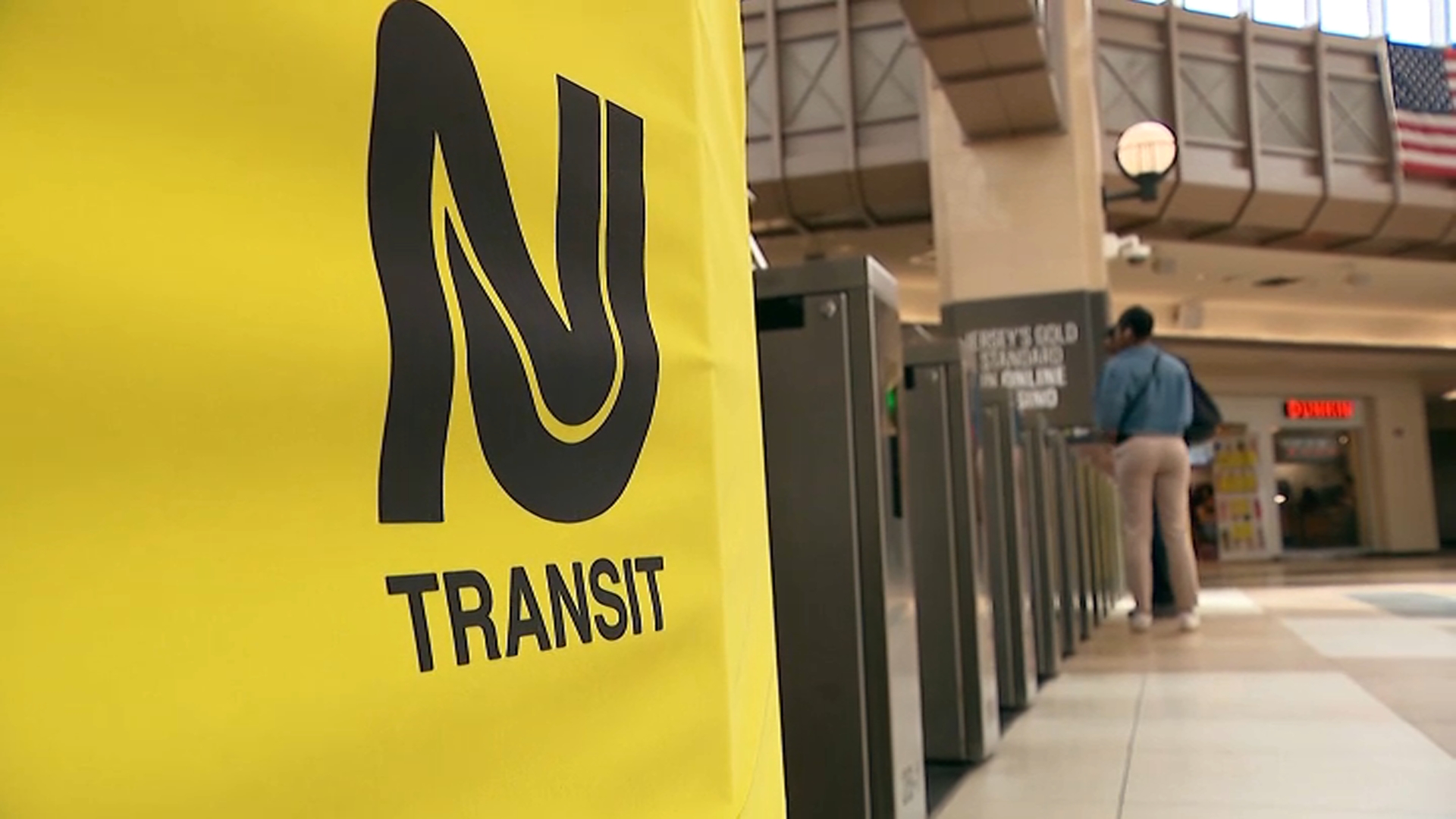Shakira Concert: MetLife Transportation After NJ Transit Cancelled
Shakira Concert Chaos: MetLife Without NJ Transit? Don't Panic!
Concert Nightmare? Shakira Fans Face Transportation Woes
Alright, music lovers, picture this: you've got tickets to see Shakira, the queen of hips that don't lie, at MetLife Stadium. You're buzzing with excitement, ready to sing your heart out. But then, BAM! News hits: NJ Transit is pulling the plug on train and bus service due to a potential strike. Panic sets in. How are you going to get there? Don't worry, breathe easy! We've got your back. This guide is your survival kit to navigate the transportation maze and ensure you don't miss a single "Hips Don't Lie" beat.
Why No NJ Transit? The Strike Situation
Okay, let's get to the nitty-gritty. NJ Transit engineers might go on strike, potentially starting at 12:01 a.m. on Friday. This is the core of the problem. A strike could cripple rail service, and since NJ Transit buses only take you to Secaucus Junction (where trains won't be running), that option is off the table too. It's the first rail strike since 1983, so, yeah, it's a big deal. What does this mean for you? You need a Plan B, stat!
Alternative Transportation Options: Your Shakira Savior
So, how *do* you get to MetLife Stadium without NJ Transit? Let's break it down, location by location. This is where the real magic happens, folks.
Driving and Parking: The Classic Choice
Driving is always an option, but be prepared for potential traffic and parking fees.
Navigating the Traffic Jungle
Seriously, traffic around MetLife on concert nights can be brutal. Think of it like a conga line... a very slow-moving, frustrating conga line. Use real-time traffic apps like Waze or Google Maps to find the fastest routes. Consider leaving *way* earlier than you think you need to.
Parking: Prepare Your Wallet
Parking at MetLife isn't cheap. Expect to pay a pretty penny. Consider pre-booking your parking online through platforms like Ticketmaster or ParkWhiz to potentially save money and guarantee a spot. Also, factor in the walk from your parking spot to the stadium entrance; it can be a trek!
Ride-Sharing Apps: Uber and Lyft to the Rescue?
Ride-sharing services like Uber and Lyft are possibilities, but surge pricing might be a factor, especially after the concert.
The Surge Pricing Monster
We all know the story: big event, high demand, astronomical prices. That's surge pricing. Keep an eye on the app and be prepared to wait longer and pay more than usual. Consider walking a few blocks away from the stadium after the concert to try and find lower fares.
Carpooling: Friends with Benefits (and Concert Tickets)
Why not team up with friends or fellow concert-goers? Carpooling can split the costs and make the journey more enjoyable. Plus, you'll have built-in singing buddies for the ride!
Private Bus Charters: The Group Option
If you're traveling with a large group, a private bus charter might be a good option. It's convenient and can be cost-effective when divided among everyone.
Finding a Reputable Charter Company
Do your research and choose a reputable bus company with good reviews. Check their insurance and safety record. Get quotes from multiple companies to find the best deal.
Planning the Route and Schedule
Work with the charter company to plan the route and schedule. Factor in potential traffic delays. Make sure everyone in your group knows the pickup and drop-off locations and times.
LIRR/Metro-North to Penn Station, then…
If you're coming from Long Island or upstate New York, you can take the LIRR or Metro-North to Penn Station in New York City, but then you'll need to find a way to get across the Hudson River.
PATH Train to Newark or Hoboken
From Penn Station, you can take the PATH train to Newark or Hoboken. From there, you could explore other options like ride-sharing or pre-booked car services. However, factor in the extra travel time and potential costs.
Ferry Options
Believe it or not, ferries can be a convenient alternative. Check ferry schedules and routes from Manhattan to locations in New Jersey that are closer to MetLife. Then, you can use ride-sharing from the ferry terminal.
From New York City: The Cross-Hudson Hurdle
Getting from NYC to MetLife without NJ Transit requires a little ingenuity.
Consider a Pre-Booked Car Service
Book a car service in advance. While it may be pricier than Uber/Lyft (potentially), you're more likely to get a guaranteed ride and can negotiate a fixed price. Look for companies that specialize in transportation to events.
The Express Bus Option (If Available)
Some private bus companies might offer express bus services from NYC to MetLife for specific events. Check online for available options. These buses often have designated pickup locations and drop-off points near the stadium.
Consider Hotels Near MetLife
If you're traveling from far away, consider booking a hotel near MetLife Stadium. This eliminates the need for long commutes after the concert.
Location, Location, Location
Choose a hotel that's within walking distance (if feasible) or a short ride-share trip from the stadium. Read reviews to ensure the hotel is safe and has convenient amenities.
Walking (Seriously!)
Okay, this might sound crazy, but if you're staying close by and feeling adventurous, you *could* walk. Google Maps is your friend. Just be sure to check the distance and safety of the route beforehand. Bring water and comfortable shoes!
Checking Community Boards and Facebook Groups
Local community boards and Facebook groups for the area around MetLife Stadium might have ride-sharing opportunities or people organizing transportation to the concert. It's worth a shot to see if you can find a ride with someone!
The Importance of Planning Ahead
The key to navigating this transportation challenge is planning ahead. Don't wait until the last minute to figure out your transportation. Book your parking, reserve your car service, or coordinate your carpool well in advance to avoid stress and ensure you arrive on time to see Shakira rock the stage.
Conclusion: Don't Let Transportation Stop You!
Okay, so NJ Transit threw a curveball. But don't let it derail your Shakira concert dreams! By exploring these alternative transportation options and planning ahead, you can still get to MetLife Stadium, dance your heart out, and sing along to all your favorite hits. Remember, a little preparation goes a long way. Now go forth and conquer that concert!
Frequently Asked Questions
-
What happens if the NJ Transit strike is averted at the last minute?
If the strike is called off, NJ Transit will resume its normal service. Keep an eye on NJ Transit's website and social media channels for updates. However, even if they resume service, anticipate potential delays due to the uncertainty, and still consider having a backup plan.
-
Are there any park-and-ride options near MetLife Stadium that aren't affected by the NJ Transit strike?
While park-and-ride options directly serviced by NJ Transit are impacted, you can look into private parking garages or lots in nearby towns like Secaucus or East Rutherford and then use ride-sharing to get to the stadium. Just be mindful of the potential surge pricing after the concert.
-
What's the best way to stay updated on the NJ Transit strike situation?
Follow NJ Transit's official website, Twitter account, and Facebook page for real-time updates. Local news outlets will also be reporting on the situation, so keep an eye on their broadcasts and websites.
-
Is it better to arrive early or late to avoid traffic and potential parking issues?
Definitely arrive early! Traffic will likely build up closer to the concert start time, so giving yourself extra time will reduce stress and increase your chances of finding parking. Plus, you can grab a bite to eat or explore the stadium grounds before the show.
-
What if I miss the last ride-sharing option or public transportation after the concert?
Always have a backup plan. If possible, book a hotel room nearby or arrange for a friend or family member to pick you up. If those aren't options, consider waiting it out in a safe, well-lit area until ride-sharing availability improves. Never accept rides from unlicensed or unofficial transportation services.

